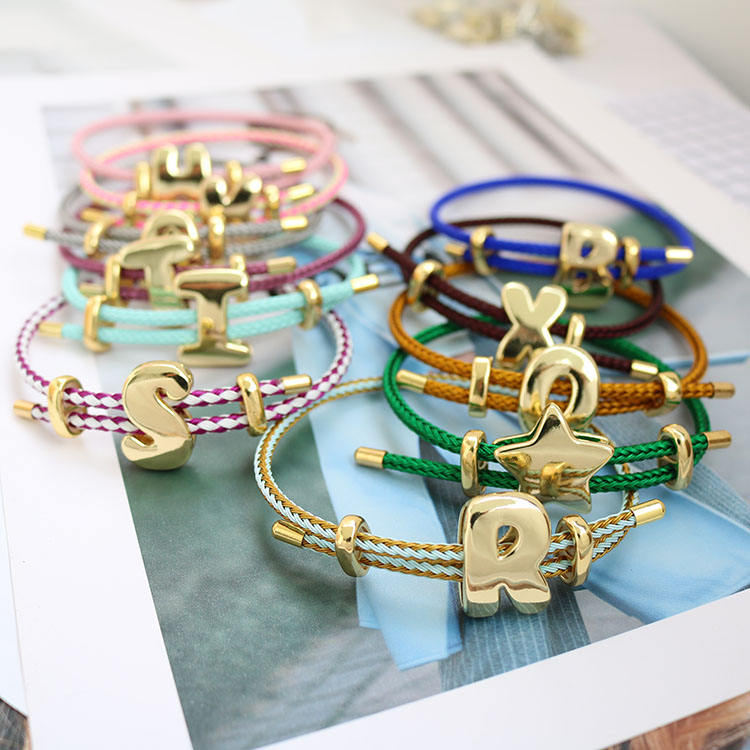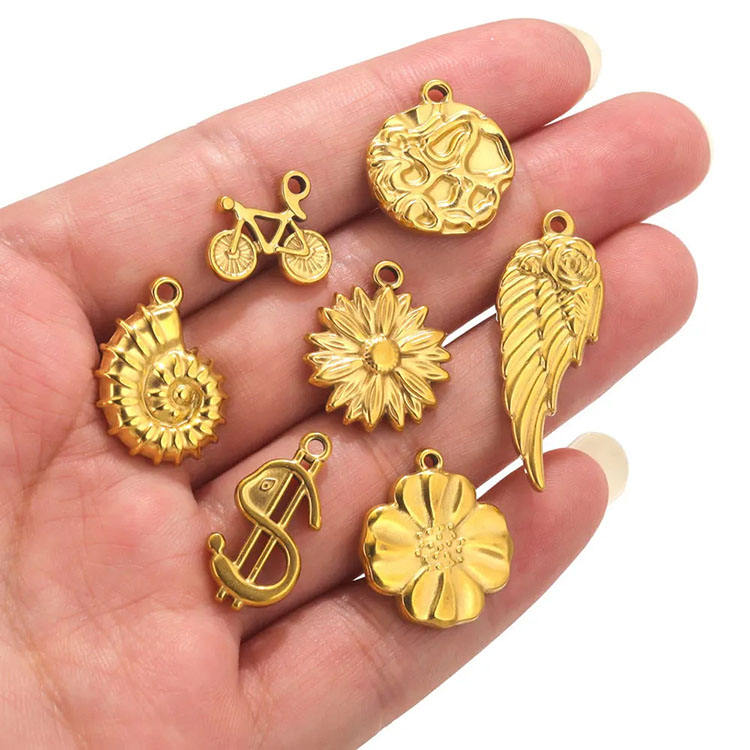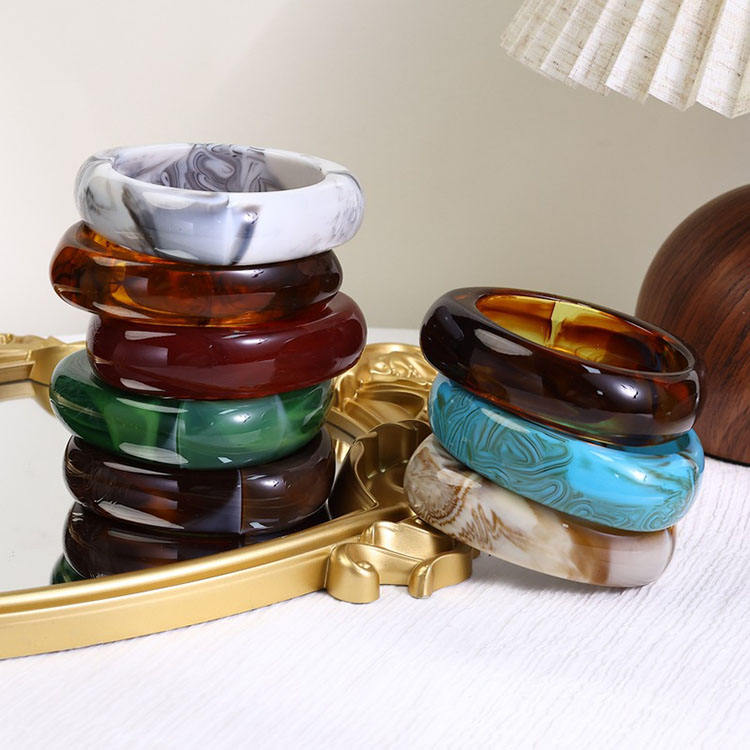The Rising Tide: Understanding the Global Growth in Men's Jewelry Demand
The global accessories market is witnessing a remarkable shift as men's jewelry emerges from the periphery to become a central growth driver. What was once limited to wedding bands and classic watches has expanded into a diverse category embracing everything from subtle necklaces to statement rings. Current market analysis reveals this isn't a temporary trend but a fundamental restructuring of how men engage with personal adornment.
Quantifying the Market Shift
Multiple industry metrics confirm the sector's expansion:
1)Market Value Projections: Industry analysts project the global men's jewelry market will approach $100 billion by 2028, with sustained growth exceeding 6% annually
2)Product Category Expansion: Beyond traditional items, markets for men's bracelets, neck chains, and earrings have seen triple-digit percentage growth in recent years
3)Retail Realignment: Specialty retailers report dedicating 25-40% more display space to men's collections compared to five years ago
4)Designer Engagement: Luxury houses that previously allocated minimal resources to men's jewelry now launch dedicated seasonal collections
Cultural Drivers Reshaping the Landscape
This growth stems from deeper social transformations:
1)Evolving Masculinity: Contemporary definitions of masculinity increasingly embrace self-expression and personal style
2)Mainstream Visibility: Influential figures across sports, entertainment, and business regularly incorporate jewelry into their public personas
3)Digital Influence: Social media platforms have democratized style inspiration, exposing global audiences to diverse approaches to male accessorizing
4)Professional Evolution: Corporate dress codes have progressively relaxed, creating space for personal expression through accessories
Dominant Style Directions
Current consumer preferences cluster around several distinct aesthetics:
1)Refined Minimalism: Delicate chains, slim signet rings, and understated bracelets that complement rather than dominate an outfit
2)Intentional Statements: Bold pieces that serve as conversation starters, often featuring substantial gemstones or distinctive metalwork
3)Gender-Fluid Designs: Pieces that transcend traditional gender categorization through balanced proportions and universal appeal
4)Personal Narratives: Jewelry incorporating birthstones, symbolic engravings, or custom elements that carry personal significance
Regional Preference Patterns
Geographical markets demonstrate distinct characteristics:
1)Western Markets: North America and Europe show strong preference for sterling silver, platinum, and minimalist designs
2)Asian Regions: Growing markets in China and Southeast Asia demonstrate particular interest in jade, gold, and culturally significant motifs
3)Middle Eastern Traditions: Maintain established preferences for substantial gold pieces while incorporating contemporary design elements
Industry Adaptation and Innovation
Market participants are responding with strategic initiatives:
1)Product Development: Designs specifically engineered for male proportions and lifestyle needs
2)Marketing Transformation: Campaigns featuring diverse male representations across age, ethnicity, and personal style
3)Retail Experience: Gender-neutral merchandising approaches that eliminate traditional segmentation
4)Material Innovation: Development of new alloys and composites that offer durability alongside aesthetic appeal
Future Development Trajectory
Several indicators suggest sustained market evolution:
1)Technology Integration: Growing intersection between jewelry and wearable technology
2)Sustainability Focus: Increasing consumer interest in ethically sourced materials and transparent supply chains
3)Price Tier Expansion: Development of quality options across entry-level, mid-range, and luxury price segments
4)Style Cross-Pollination: Blending of traditional jewelry techniques with contemporary fashion sensibilities
Guidance for New Consumers
For men beginning to explore jewelry:
1)Gradual Integration: Start with versatile pieces that work across multiple contexts
2)Quality Foundation: Prioritize craftsmanship and material quality over temporary trends
3)Authentic Expression: Select pieces that feel genuine to your personal style journey
4)Knowledge Building: Develop understanding of different metals, stones, and maintenance requirements
The expansion of the men's jewelry market represents a significant recalibration of global fashion consumption. As cultural perceptions continue to evolve and industry participants innovate to meet new demands, this sector demonstrates all the characteristics of a sustainable market transformation rather than a temporary trend. The growing acceptance of jewelry as integral to male self-expression signals a lasting shift in how men worldwide approach personal style and identity presentation.









